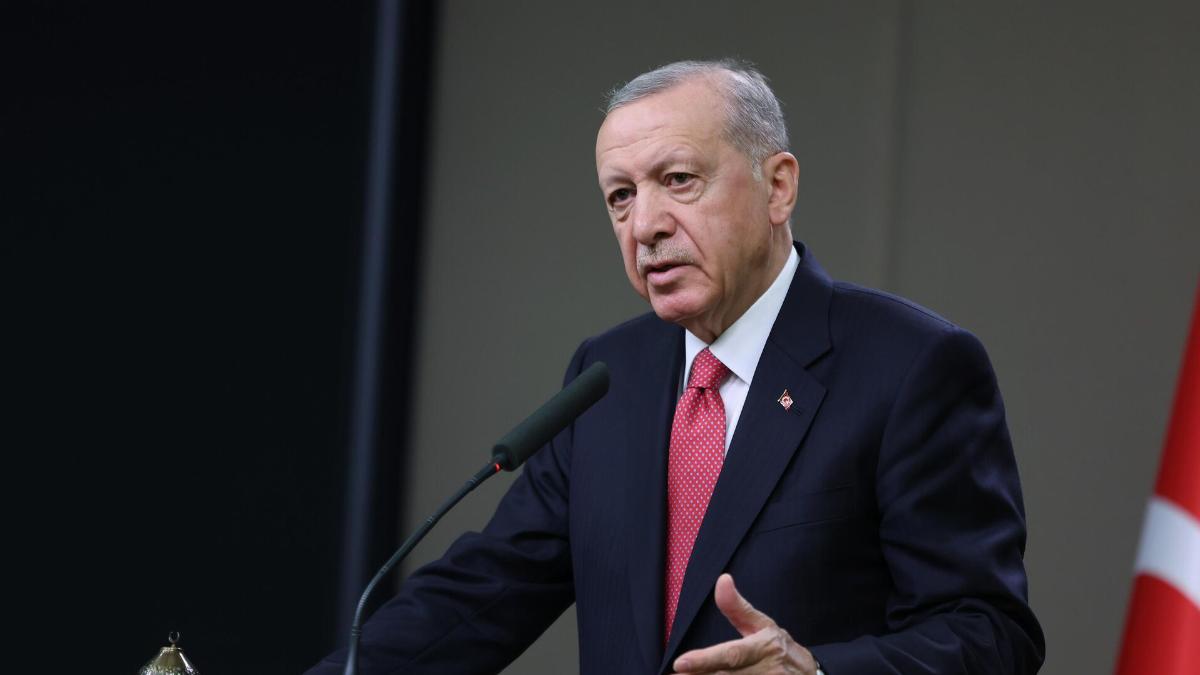
Recep Tayyip Erdoğan
Recep Tayyip Erdoğan is the current president of Turkey, a position he has held since 2014. Born on February 26, 1954, in Istanbul, Erdoğan grew up in the city’s working-class district of Kasımpaşa. He graduated from Marmara University with a degree in economics and business administration. Erdoğan began his political career in the 1970s as a member of the National Salvation Party, a conservative Islamist party. In 1994, he became the mayor of Istanbul, where he gained attention for improving the city’s infrastructure and reducing pollution.
Erdoğan co-founded the Justice and Development Party (AKP) in 2001, a conservative political party with roots in political Islam. In 2002, the AKP won a landslide victory in Turkey’s general election, and Erdoğan became prime minister in 2003 after a legal obstacle that initially prevented him from taking office was cleared. As prime minister, Erdoğan implemented several political and economic reforms, leading to significant economic growth in Turkey. His government pursued policies that aimed at reducing poverty, expanding healthcare access, and investing in infrastructure.
Under Erdoğan’s leadership, Turkey also sought closer ties with the European Union, although accession talks have stalled in recent years. In foreign policy, Erdoğan’s administration has been involved in regional conflicts, particularly in Syria and Libya, and has maintained complex relationships with both Western powers and neighboring countries.
In 2014, Erdoğan was elected president, the first Turkish president to be directly elected by popular vote. In 2017, a constitutional referendum shifted Turkey’s political system from a parliamentary democracy to a presidential system, significantly expanding Erdoğan’s executive powers. In 2018, Erdoğan won re-election under the new system, allowing him to continue consolidating power. His presidency has been marked by increasing control over the judiciary, media, and political opposition, as well as economic challenges, including inflation and currency devaluation.
Erdoğan's policies and leadership have led to widespread debate, both in Turkey and internationally. His government has faced criticism for human rights abuses, particularly following a failed coup attempt in 2016, which led to widespread purges in the military, judiciary, and civil service. Despite these controversies, Erdoğan remains a dominant figure in Turkish politics.
Stichworte
Quellen







